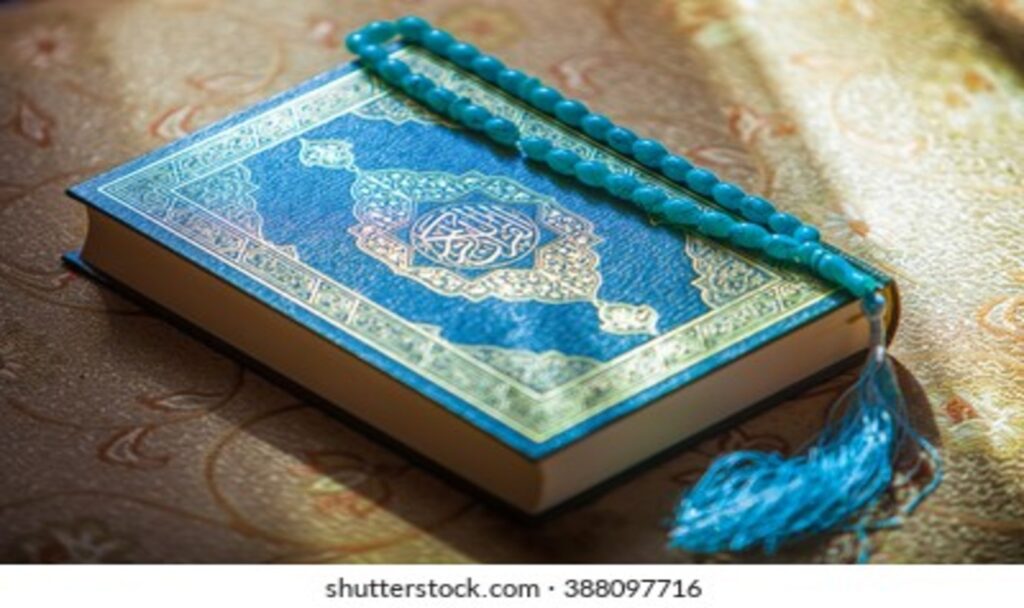In a move that has stirred heated debates surrounding freedom of expression and religious tolerance, Swedish police have granted a permit to a man intending to burn a Koran near the main mosque in central Stockholm. This event, scheduled for Wednesday afternoon, could potentially reignite tensions that had previously strained negotiations between Sweden and Turkey regarding the Nordic country’s NATO membership. The permit was issued to an individual who had previously been denied permission to burn the Koran outside Iraq’s embassy in Stockholm.
After winning court appeals, the man has now been granted the opportunity to carry out his provocative demonstration. This decision has raised concerns among various communities, considering the potential repercussions and the delicate nature of religious sensitivities. The planned event outside the main mosque on Sodermalm island in Stockholm’s city center would mark the first public act of this nature in Sweden since a Danish-Swedish far-right extremist caused international uproar by burning a translated copy of the Koran near the Turkish embassy in Stockholm earlier this year.
As a consequence, Turkey’s President Recep Tayyip Erdogan firmly opposed supporting Sweden’s bid to join NATO, resulting in strained relations between the two nations. In the past, Swedish police have consistently denied permits for similar actions, citing security concerns. However, administrative courts have overturned these decisions, arguing that public gatherings and demonstrations should be authorized unless they present an immediate threat to public safety.
This contrasting stance has fueled ongoing debates about the balance between freedom of expression and the potential risks associated with inflammatory acts that target religious symbols. Recognizing the potential for unrest, Stockholm police have called for additional reinforcements from other regions of the country to ensure public order during the planned protest. Their primary focus will be on maintaining the safety of all individuals involved and preventing any potential escalation of tensions. The decision to grant the permit has ignited a broader discussion about the limits of freedom of expression, especially when it comes to religious beliefs and practices.
Advocates for free speech argue that permitting such demonstrations is essential to uphold the principles of freedom of expression. However, critics contend that such actions fuel hatred, contribute to social division, and undermine efforts to foster understanding and respect among diverse communities. As the controversial event approaches, many in Sweden and beyond are closely watching to see how the situation unfolds and what impact it may have on the delicate balance between freedom of expression, religious tolerance, and international relations.
